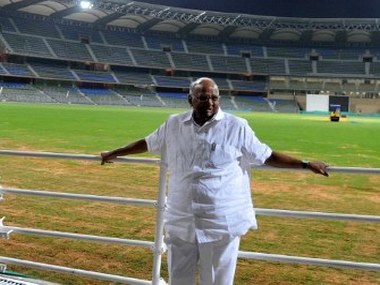Selfless heroism is not the best strategy during life-and-death situations such as accidents of natural disasters, as trying to save others first may lead to more deaths, a study warns. Researchers from University of Waterloo in Canada found that overall survival rates were substantially higher when strong people in a 30-member group reached safety themselves before trying to help weaker people. When strong members try to help weak members before they are secure themselves, both are dragged down and the group as a whole suffers, researchers said. “Foolhardiness is not a good strategy for rescuing. In very critical situations, we have to be kind of selfish, but we can still help others if we have proper equipment and proper strategies,” said Eishiro Higo, PhD candidate at University of Waterloo. Researchers built a two-dimensional computer model of an actual three-level underground space in Kyoto, Japan that consists of a subway platform, a parking garage and a shopping mall. The model simulated severe flooding from a nearby river, with a mix of adults and senior citizens who must reach safety via staircases from the subway platform level to the surface. Researchers ran the model using three different evacuation strategies: one in which people only worried about themselves, one in which people immediately worked together as a group and one in which those capable of saving themselves reached a safe place before trying to save others using a rope. The team found that in most life-and-death scenarios when variables such as the ratio of adults to seniors were adjusted, the rope strategy resulted in the highest overall survival rate. In a typical scenario that assumed evacuation efforts beginning at a particular point in time, for example, 12 of 30 people survived using the rope strategy, while there were just five survivors using either of the other two strategies, researchers said. Researchers found that crucial to the success of the rope strategy, however, was the availability of simple tools for use by rescuers. Design features including handrails and raised areas on stairs for evacuees to brace themselves or rest also markedly increased the chances of survival. “We have to identify what is brave and what is reckless. Helping people from a safe location is still good behaviour and the result is actually much better,” Higo said. The study was published in the journal Expert Systems with Applications.
Selfless heroism is not the best strategy during life-and-death situations, as trying to save others first may lead to more deaths, a study warns.
Advertisement
End of Article


)



